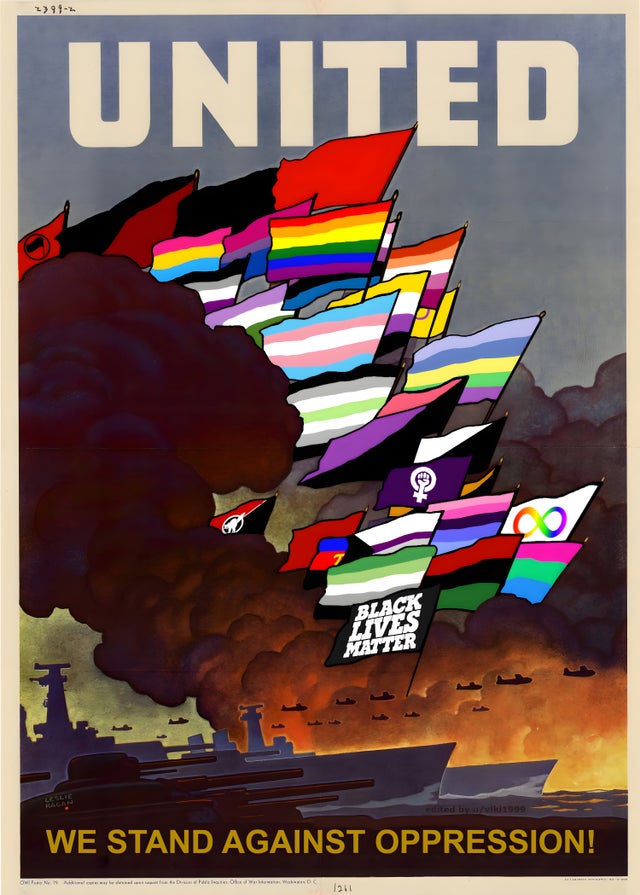One of the key things that has halted so much progress of my worldbuilding project is trying to get the “science” or “foundational physics” of it right.
I don’t want to spoil too much, but it’s a vaguely SCP-style project, so if you know what SCP is, you might know a little bit about my project, but only a bit, because I’m trying to solve a lot of my perceived criticisms with SCP in my own project.
At first, it was generic multiverse stuff. I said, “The reason anomalous things exist is because they came through a multiversal portal and they infested the earth.” Looking back on it now, it was not only atrocious and trope-y from a writing perspective, but it was also racist as fuck.
A lot of my old writing was pretty bad, in a thousand ways, but at least I put shit out back then. Now I can barely put shit out with how much I feel like I need to tweak and change.
I keep on revising and revising and revising. At least I’m abandoning the “multiverse” thing and trying to integrate dialectical materialist philosophy into it, not solely due to the fact that it’s based, but because it might actually enhance my project’s quality a bit, in my opinion.
My basic premise is “a sub-quantum layer of reality exists, it’s chaotic, but sometimes it can become stable, and this is when reality is formed, but reality dissolves when it reverts back to being chaotic, in an endless cycle.” But, that’s really just the basic premise, and I still feel like it’ll need a lot of tweaks / specifications before it becomes solid enough to base my entire project around.
It’s just such a headache, 'cause I don’t think I can ever get a final draft, I just keep revising. I’m balancing entertainment value, dialectical materialism, and possibility, and it’s a headache.
Any advice / discussion welcome.


What I’ve learned from LeGuin is that the science and physics are actually the boring part in the world, instead focus on now the technology interacts with people and the story. For example, LeGuin introduces the ansible in one of her stories, which is a device that allows for instantaneous communication between star systems. She never justifies how it works or has the need to explain it. Instead she just focuses on what this means for individuals and political structures in her books. What does the ansible mean for people who traveled out to the stars before its invention? What does it mean to be marooned on a planet with the possibility of a working ansible on the other side? Or to point to the lathe, how it works is not as interesting as the effects it had. I’m pretty sure I am remembering this fro .an essay or interview she gave, but I can’t find it now.
Not much of a writer, but as a reader tropes aren’t necessarily bad. They act as a shortcut to allow context to flow to the reader and can be very useful when used sparingly. As to your basic premise, as a reader I’m already bought in, I’m also bought in that they came from a portal. What matters more is the story built around the event.
Finally, as a musician, obsessing over the details is a surefire way for me to never release work. One must find the balance between attention and obsession when it comes to details.